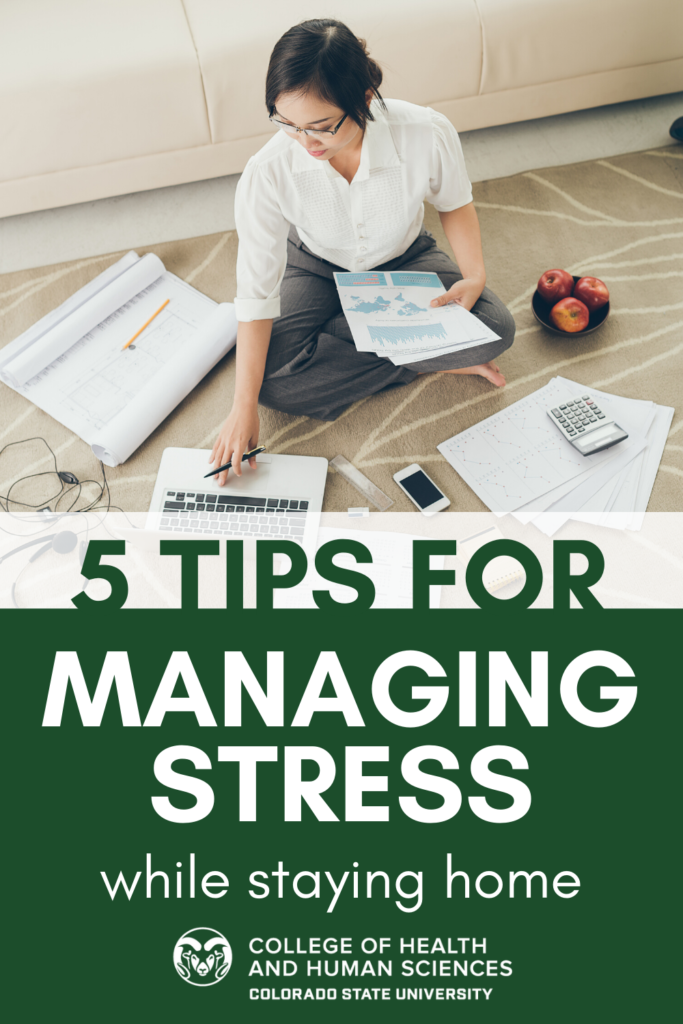
Written by Shawn Whitney
School-aged children are learning words like quarantine, social distancing and pandemic. In fact, my 5-year-old used pandemic correctly in a sentence the other day. “Dad, when this pandemic is over I can see Nana again!” These are unprecedented times indeed.
As we are experiencing a global outbreak of the COVID-19 disease, we are experiencing a corresponding outbreak of stress and anxiety – a nervousness or unease affecting far more than the estimated 31.1 percent of adults who experience an anxiety disorder at some point in their lives.
Regardless of the severity of your stress and anxiety during the COVID-19 pandemic, here are some ways to cope with it more effectively:
- Discover and maintain your ideal amount of sleep. The average adult needs seven to nine hours of sleep per day. Identifying your ideal amount of sleep coupled with good sleep hygiene will help you feel rested when you wake and more productive during the day.
- Nutrition is key. Moderate foods high in saturated fats or added sugars and increase foods high in antioxidants and B & D vitamins. Think less added sugar and more natural sugars and vitamins.
- Movement is mood management. Any movement is helpful for our mood. At least 20 minutes/day of moderate aerobic activity or 75 minutes/week of vigorous activity will decrease stress and anxiety. Moderate activities include brisk walking, swimming and mowing the lawn, while vigorous activities include running, dancing and chopping wood.
- Engage in daily pleasure activities. These activities trigger positive feelings and nurture your soul. Examples include meditation, virtual coffee dates, reading, getting in nature, helping others, etc. The key is participating in healthy daily events that are meaningful to you.
- Access your support system. In this season of social distancing, connecting with others looks different. Our need for connection is unchanged though. With the help of technology and the six-foot rule, we must consistently connect with others. Initiating contact with others has a positive effect on our mood.
Taken together, these five things can help you manage the increased stress and anxiety during the COVID-19 pandemic. If the thought of more ‘to-dos’ is stressful, I encourage you to approach these as reminders of how to be kind to yourself during this unique time.
If you would like additional support navigating the realities of this time, The CSU Center for Family and Couple Therapy has registered counselors available to meet with you now. The CFCT is currently providing all Colorado residents low-cost individual, couple, and family online video sessions during daytime and evening hours to fit your schedule. To schedule an appointment, please call (970) 491-5991 or email cfct@colostate.edu.

Shawn Whitney, MS, LMFT, S-PSB, is acting director of the Center for Family and Couple Therapy and the Child Trauma and Resilience Assessment Center at Colorado State University. He is doing his best to cope with working remotely from a full house during the pandemic.
The Department of Human Development and Family Studies is a part of CSU’s College of Health and Human Sciences.